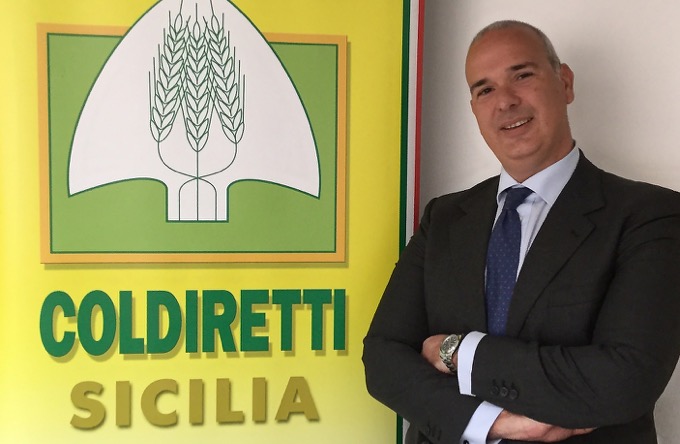The agri-food sector contributes 4.2% of Italy’s GDP. It’s a countercyclical sector that has been more resilient over the past twelve years by changing its business model. Exporting has become the growth engine, with sales to Germany, the USA, France and the United Kingdom representing 48% of total exports.
In order to restart after the Covid-19 crisis, short- and medium-term strategies will need to focus on supporting supply chains and its geographical proximity, diversification and innovation.
The third The Italian Way event, dedicated to agri-food was held on 9 July in Palermo in partnership with Coldiretti Sicilia, the Sicilian branch of Italy’s agriculture association.
Joining the discussion on how to restart the sector were Salvatore Malandrino, Regional Manager Sicily UniCredit, Francesco Ferreri, President Coldiretti Sicily, Costantino Vaia, General Manager Consorzio Casalasco del Pomodoro, Giuseppe Condorelli, Sole Administrator Industria Dolciaria Belpasso, Maria Cristina Busi Ferruzzi, President Sibeg Coca-Cola, Giuseppe Di Martino, Managing Director Pastificio Di Martino Gaetano & F.lli, Sebastiano Alba, Sole Administrator Oranfrizer, Lucio Izzi, Head of Corporate Sales & Marketing UniCredit and Luigia Mirella Campagna, Industry Expert UniCredit.






